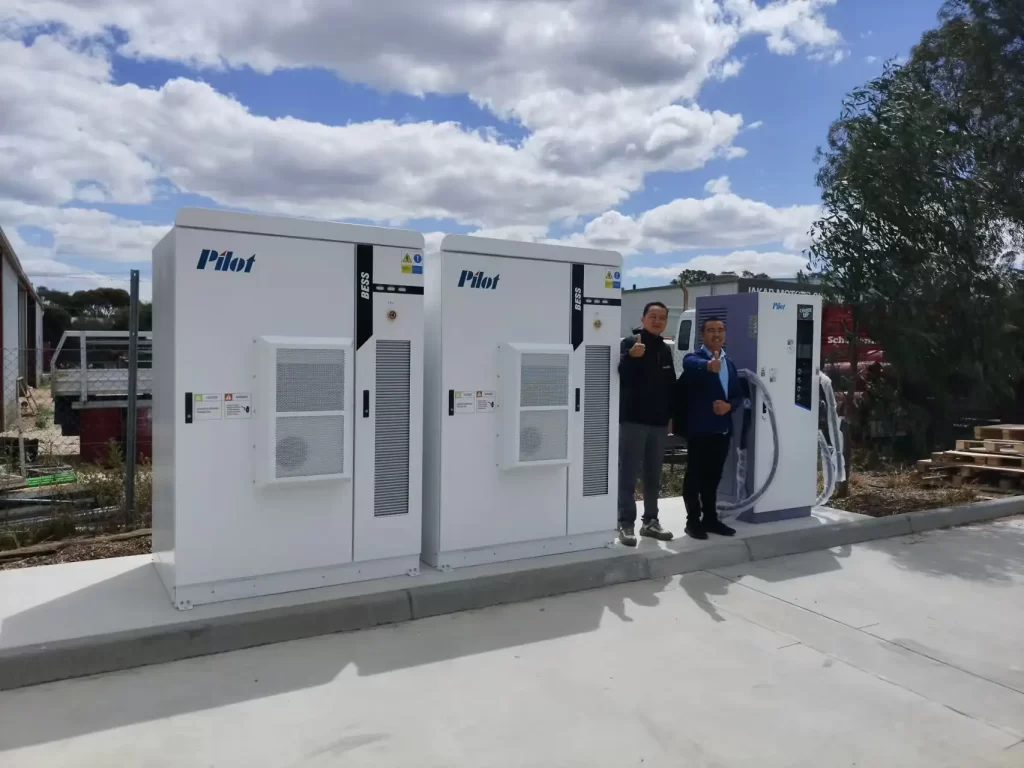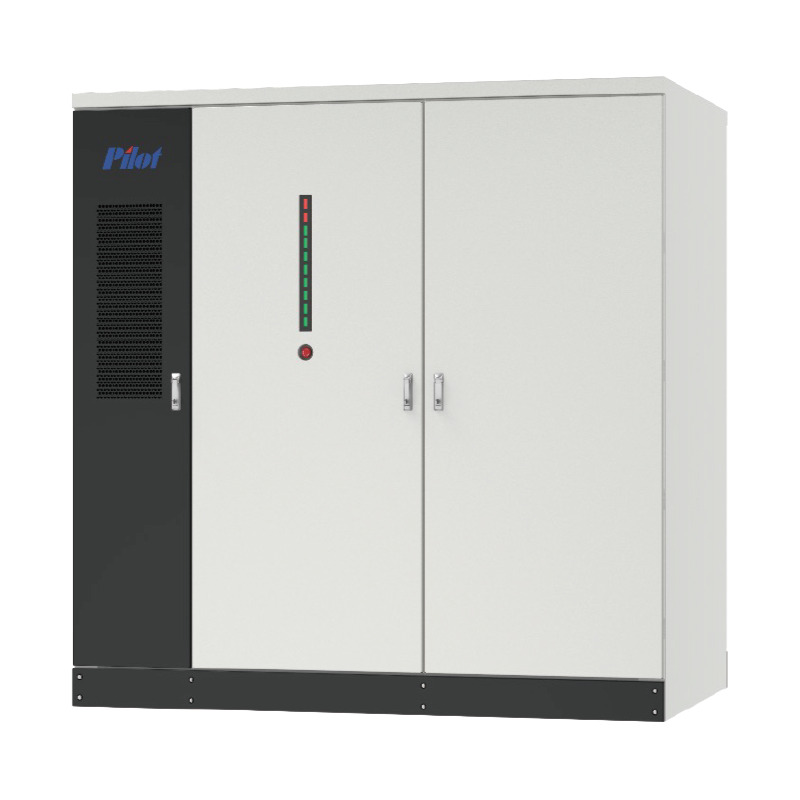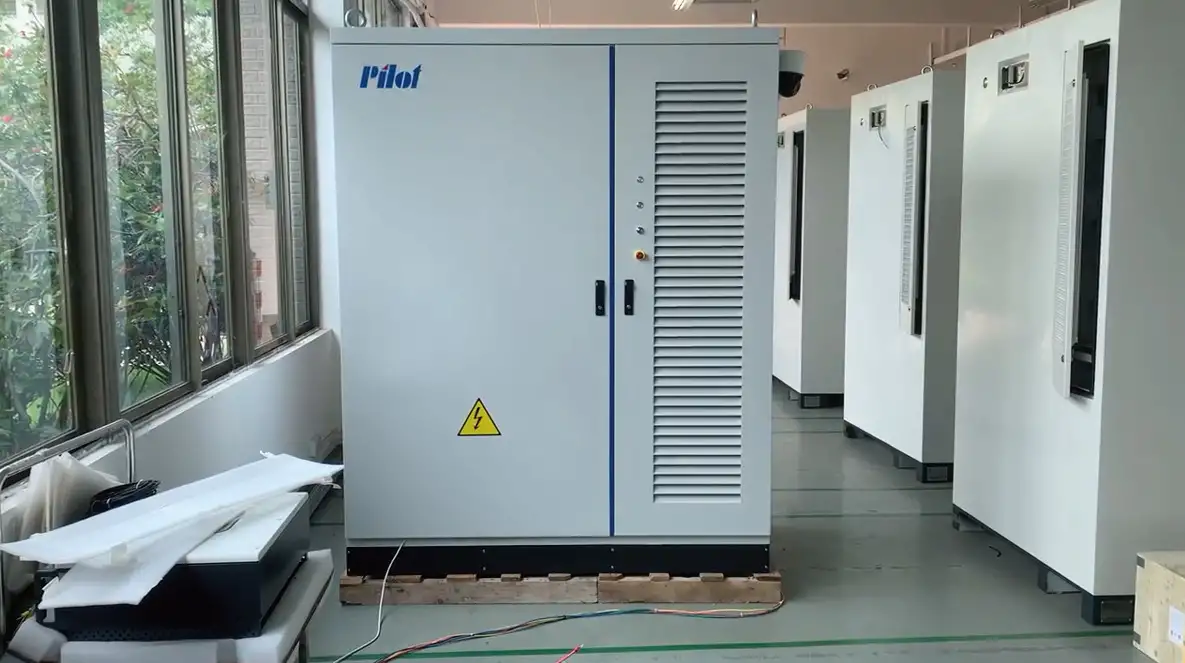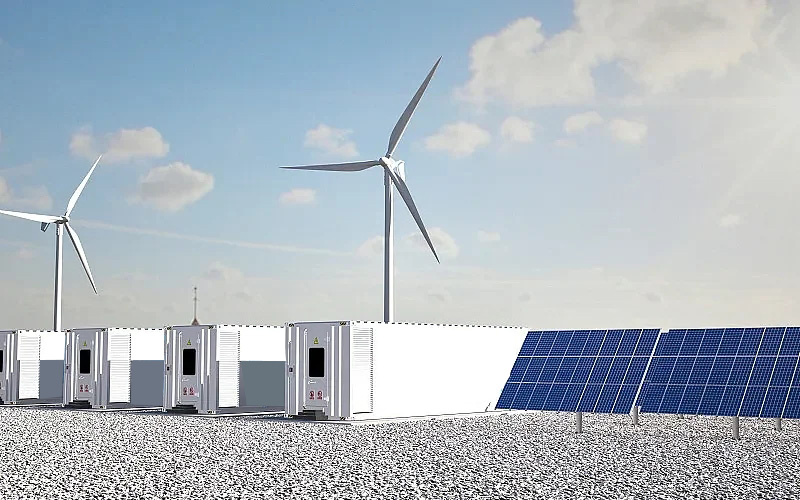
Products
Fast, Reliable, Everywhere

Solutions
Efficient, Innovative EV Charging Solutions.
News
We are committed to the innovation and application of EV charging.
Solar battery storage is revolutionizing the way we manage energy, enhancing efficiency, reducing costs, and promoting sustainability. As energy demands grow, adopting a reliable Battery Energy Storage System (BESS) is becoming critical for homeowners and businesses alike. This guide explores how solar battery storage works, its benefits, and why the BESS Cabinet All-in-One 250KW/836KWH solution could be ideal for your needs.

Solar battery storage systems store excess energy produced by solar panels during peak sunlight hours, allowing for its use during periods of low solar generation or high electricity demand. Energy is stored typically in lithium-ion or lead-acid batteries, with lithium-ion being the preferred option due to higher efficiency, longer lifespan, and better scalability.
The BESS Cabinet All-in-One 250KW/836KWH is a state-of-the-art solution designed specifically for efficient energy storage and management. Based on DC1500V outdoor liquid-cooled technology, this cabinet ensures superior performance, enhanced safety, and adaptability to various environmental conditions.

The BESS Cabinet All-in-One is particularly beneficial for:
The DC1500V distributed energy storage system offers unmatched flexibility and efficiency. Its modular design allows easy scalability, making it suitable for projects of varying sizes, from small commercial installations to large-scale energy storage solutions.
Adopting the BESS Cabinet All-in-One 250KW/836KWH is a strategic decision for any forward-thinking business or homeowner looking to optimize energy use and sustainability. Contact our experts today to learn how this advanced energy storage solution can be customized to meet your unique energy requirements.
Harness the power of solar battery storage, and take a significant step towards energy independence, sustainability, and substantial cost savings.



